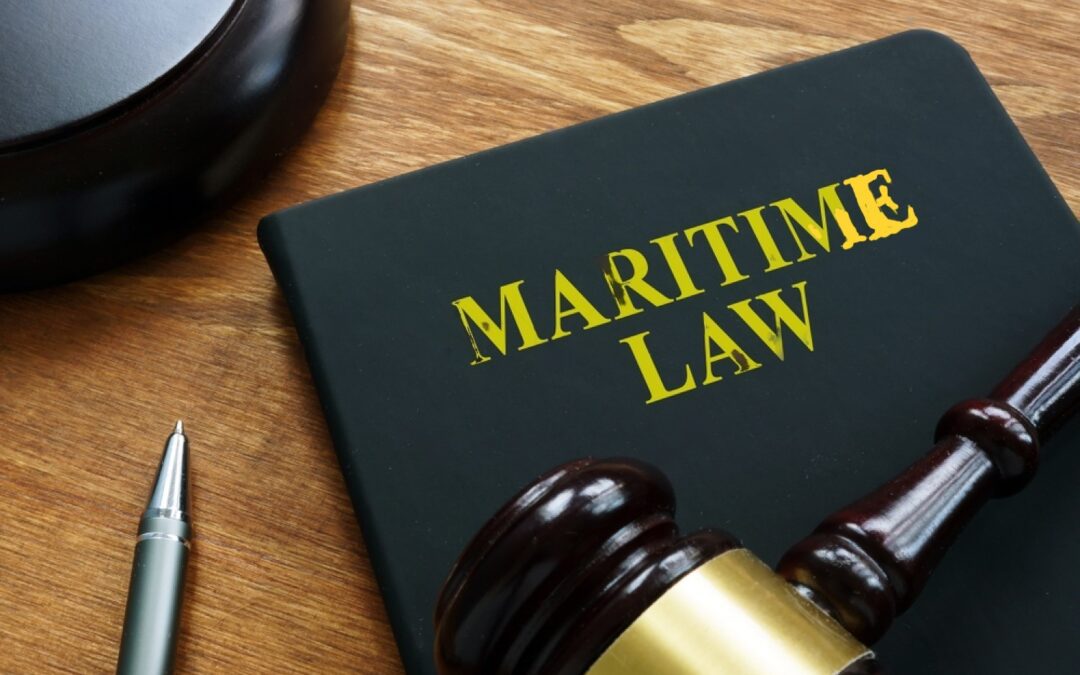The UAE government has released UAE Federal Maritime Law, No. 43 of 2023, which is set to replace the existing maritime law (Federal Law No. 26 of 1981 Concerning Commercial Maritime Law). The new law is expected to take effect on March 29, 2024, and it has the potential to bring significant changes to the UAE maritime sector.

Maritime Law
Key Developments:
-
Ownership of a UAE Registered Vessel:
What’s new? The Cabinet is given the power to grant UAE nationality to a vessel owned by a legal entity pursuant to an international agreement involving shareholders from different jurisdictions, including the UAE.
What’s changed? The majority of shares in the owning entity must be held by an individual national of the UAE or another GCC country or a company with a domicile, business center, or ship management office in the UAE.
What’s next? The impact of these changes on vessel registrations and potential international shipping deals, mergers, or joint ventures remains to be seen.
-
Registration of a Vessel in the UAE:
What’s new? The New Maritime Law introduces provisions for registering vessels under construction by recording shipbuilding contracts in the Under-Construction Ships Register.
What’s changed? Age restrictions are imposed on vessels seeking registration in the Ministry’s Ship Register, limiting the age of vessels based on their type.
What’s next? The specific procedures for registration, especially for newbuilding vessels, and the practical implications for ship operating and management companies will become clearer with the publication of Executive Regulations.
-
Bareboat Chartering:
What’s new? The New Maritime Law addresses bareboat chartering, allowing for the registration of unequipped chartered ships both in and out, with specific provisions for time-chartered vessels.
What’s changed? Additional provisions in Article 137(2) may impact the categorization of certain time charters as bareboat charters.
What’s next? Clarity on the application of Article 137(2) and potential impacts on various types of charter contracts will be essential for market participants.
-
Liens:
What’s new? The New Maritime Law dedicates a chapter to liens, detailing the rights of lienholders, registration requirements for certain liens, and time limitations.
What’s changed? The inclusion of explicit provisions on liens and their enforcement procedures, including the option to register certain liens in the Ship Register.
What’s next? Further clarification on lien-related procedures and potential impacts on maritime debts will be provided in the Executive Regulations.
-
Vessel Arrest:
What’s new? The New Maritime Law introduces changes to vessel arrest procedures, including easily navigable text, sister ship arrest, arrest of time-chartered vessels, and the possibility of lifting arrest through the provision of security or guarantees.
What’s changed? Streamlined provisions, sister ship arrest, and the option to lift arrest through security or guarantees represent significant changes from the previous law.
What’s next? The Executive Regulations will likely provide additional details on arrest procedures and the acceptance of letters of guarantee.
In conclusion
the New Maritime Law in the UAE brings several key developments that could impact various aspects of the maritime sector. The full implications will become clearer once the law is implemented and Executive Regulations are published.




